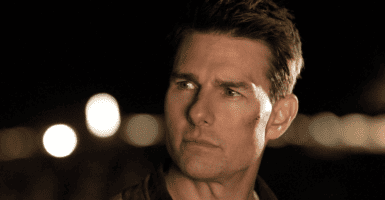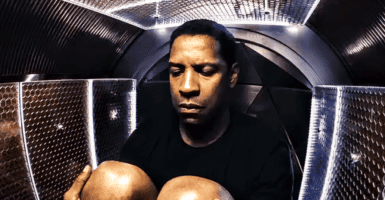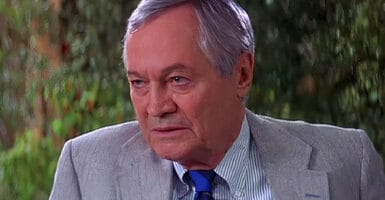Back To Black Fails At Delivering The Amy Winehouse Story We Needed

While Marisa Abela provided an outstanding performance as Amy Winehouse, the rest of the film falls rather flat. Amy is set up as the villain in her own story, and worse, Back to Black wants viewers to believe that the two actual villains were merely victims of Amy’s abuse and addiction. It’s an epic fail.
Back To Black Dramatizes The Life Of Amy Winehouse

When I sat in a dark theater and watched Amy, the well-researched, music-filled documentary about Winehouse’s life in 2015, I bought her albums, Frank and Back to Black, almost immediately. The film did her justice, telling a tale of tragically lost potential and hurting viewers for Amy.
Of course, as a film fanatic, I was thrilled to see a biopic about her life, Back to Black. The trailers promised a dramatized, glamorized version of the documentary, and it looked like they found the perfect actress to play Winehouse. Sure, Marisa Abela may not look exactly like Winehouse, but she’s from a similar area of London, and she was a teenager when the singer died tragically. She’s also of Jewish descent, like Winehouse.
Marisa Abela Becomes Winehouse

Yes, Abela fully embodies Winehouse in Back to Black, and anyone who says differently has not studied the singer. But that, unfortunately, is where the greatness of this film ends. From the beginning, the movie makes us believe in a devoted relationship between Amy and her father. It isn’t as though Amy didn’t love her dad, but we see clearly in the documentary that Mitch Winehouse capitalized on his daughter’s fame right up to the last days before her death.
A Biased View Of Amy’s Drug Habits

Back to Black shows none of this conflict between father and daughter. Indeed, we are meant to believe he is concerned for her and only has her best interests at heart. Furthermore, we are told in no uncertain terms that Amy had an almost unwavering love for her dad. But the documentary shows us the trauma she experienced when Mitch left her family to be with the second family he had been keeping all along.
As if that wasn’t enough, Back to Black gives us a Blake Fielder-Civil who is almost entirely innocent of any of Amy’s addiction and struggle. We know from interviews and multiple eyewitnesses that Winehouse’s husband was not a good guy. He was careless with her heart; he was the one who introduced her to hard drugs, and he enabled her addiction and her bulimia. This comes from Blake himself.
Twists The True Story Of The Men In Her Life

Yet Back to Black gives us an innocent bystander in Amy’s self-destruction. We see Amy try crack cocaine for the first time by herself while Blake is in jail, and later, he is the one who tells Amy they have to stop doing drugs. It’s not just playing with the truth; it’s an outright lie. The two men who hurt Amy the most and fed her insecurities and vulnerabilities benefit as victims and heroes from this film.
Back To Black Is In Theaters Now


REVIEW SCORE
I’m not sure if director Sam Taylor-Johnson just didn’t do research for Back to Black or if she liked the screenplay as it was and went with it, but both the director and screenwriter failed. It is a hugely missed opportunity. Fortunately, we still have the documentary to love.
Back to Black should have given us insight into Amy’s inspiration, it should have shown her on large stages, filling arenas across the world, collaborating with some of the greatest minds in music. Instead, it kept Amy small, stuck in Camden town, and it killed her memory. I’m only recommending this movie because Abela does Winehouse justice, and the music is great. But it could have been so much more.












